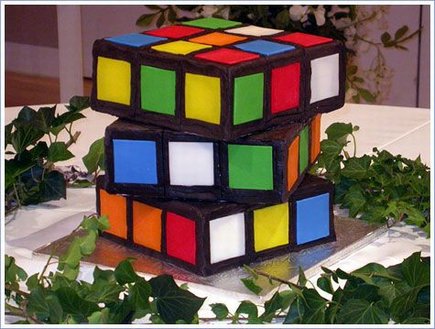Random
Fifth Mess Section
 1. The point is that, if we think literature is still worth talking about, every book is part of that debate, which is why reviews of non-blockbuster books should do one of two things: either convincingly shout to the hilltops, “Read this book!” or, in explaining why there’s no shouting, try to find larger truths about literature in a book’s strengths and flaws. … Literature is not about the writer. It’s about the book, it’s about art, it’s about life. … in the madding crowd of narrative, it turns out the big world doesn’t really need a book if it’s not great enough to be truly important, specialized enough to find its niche, or equipped with a secret weapon. When that happens—and it happens far more often than not—it is time for writers to think about what we want out of writing, out of publishing, out of their lives, and make our decisions accordingly. –from a blurb by Eric B. Martin
1. The point is that, if we think literature is still worth talking about, every book is part of that debate, which is why reviews of non-blockbuster books should do one of two things: either convincingly shout to the hilltops, “Read this book!” or, in explaining why there’s no shouting, try to find larger truths about literature in a book’s strengths and flaws. … Literature is not about the writer. It’s about the book, it’s about art, it’s about life. … in the madding crowd of narrative, it turns out the big world doesn’t really need a book if it’s not great enough to be truly important, specialized enough to find its niche, or equipped with a secret weapon. When that happens—and it happens far more often than not—it is time for writers to think about what we want out of writing, out of publishing, out of their lives, and make our decisions accordingly. –from a blurb by Eric B. Martin
2. At banks, there are machines for “cash withdrawing” and “cash recycling.” The menus of local restaurants might present such delectables as “fried enema,” “monolithic tree mushroom stem squid” and a mysterious thirst-quencher known as “The Jew’s Ear Juice.” –the problems with Chinglish
3. The room thus becomes a counterpunctual archive of heart rates in space, throbbing like a chandelier in front of you. –about Pulse Room
4. But I think caught in that way they are too weak to convey anything. I think that great art is deeply ordered. Even if within the order there may be enormously instinctive and accidental things, nevertheless I think that they come out of a desire for ordering and for returning fact onto the nervous system in a more violent way. Why, after all the great artists, do people ever try to do anything again? Only because, from generation to generation, through what the great artists have done, the instincts change. And, as the instincts change, so there comes a renewal of the feeling of how can I remake this thing once again more clearly, more exactly, more violently. –a great interview of Francis Bacon
5. You can write & draw on shit.
Tags: chinglish, eric b. martin, francis bacon, mess section, poop paper, pulse room

“reviews of non-blockbuster books should do one of two things: either convincingly shout to the hilltops, “Read this book!” or, in explaining why there’s no shouting, try to find larger truths about literature in a book’s strengths and flaws”
This is great. A meaningful defense of the positive book review. And, also, one of the reasons why you can love a work FOR its flaws: the flaws serve as an occasion to have a larger, potentially invigorating discussion about the how/why of literature.
For instance, “fried enema”– flawed, but I wouldn’t have it any other way.
Certainly not basted.
Whenever I go to my favorite sushi-to-go joint, which is about once a week, the cute girl behind the counter asks “The usually?”
“reviews of non-blockbuster books should do one of two things: either convincingly shout to the hilltops, “Read this book!” or, in explaining why there’s no shouting, try to find larger truths about literature in a book’s strengths and flaws”
This is great. A meaningful defense of the positive book review. And, also, one of the reasons why you can love a work FOR its flaws: the flaws serve as an occasion to have a larger, potentially invigorating discussion about the how/why of literature.
For instance, “fried enema”– flawed, but I wouldn’t have it any other way.
Certainly not basted.
Whenever I go to my favorite sushi-to-go joint, which is about once a week, the cute girl behind the counter asks “The usually?”
thanks ken. the interview w/bacon — remarkable.
thanks ken. the interview w/bacon — remarkable.